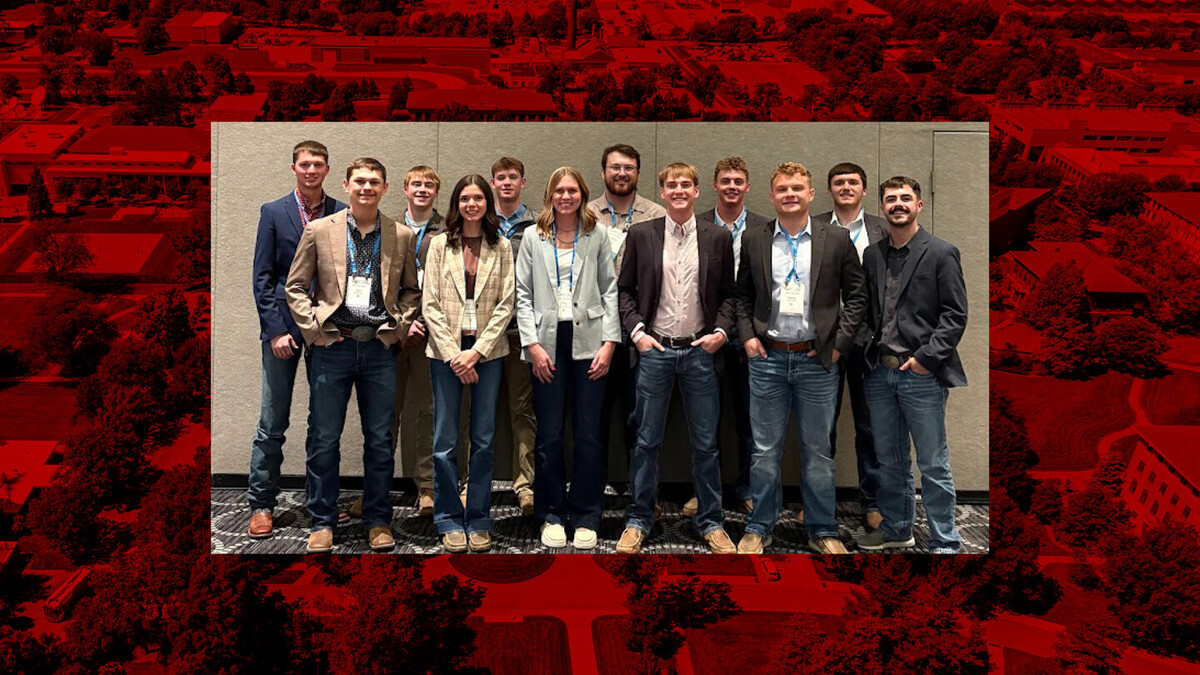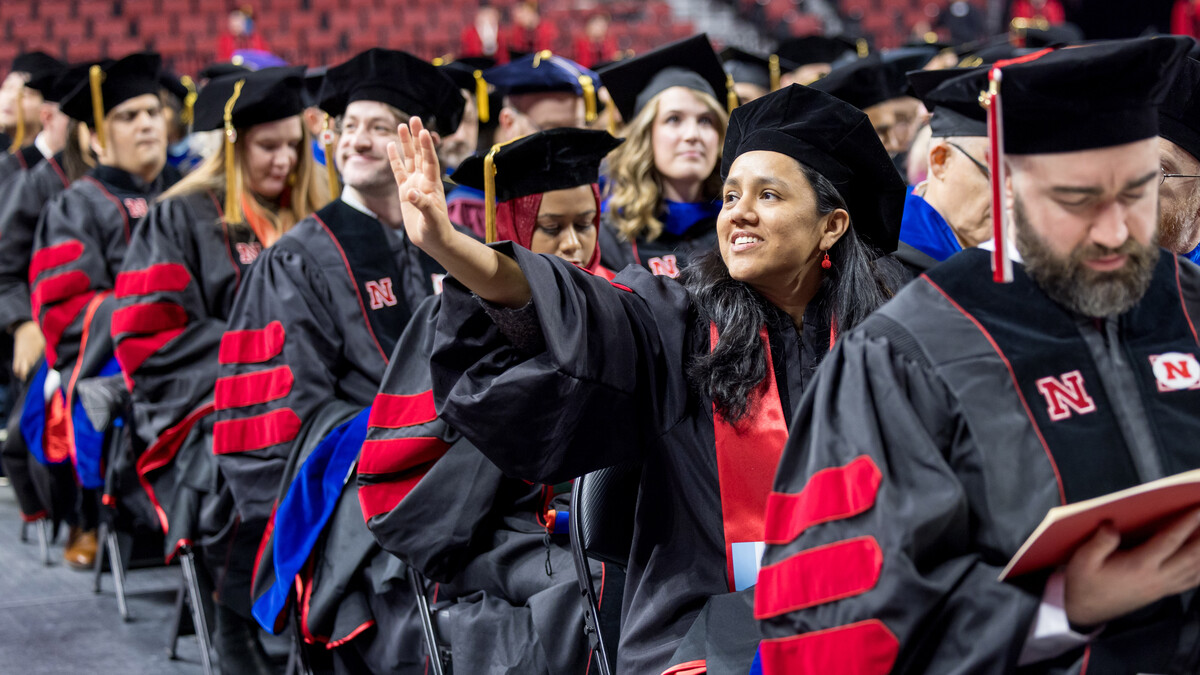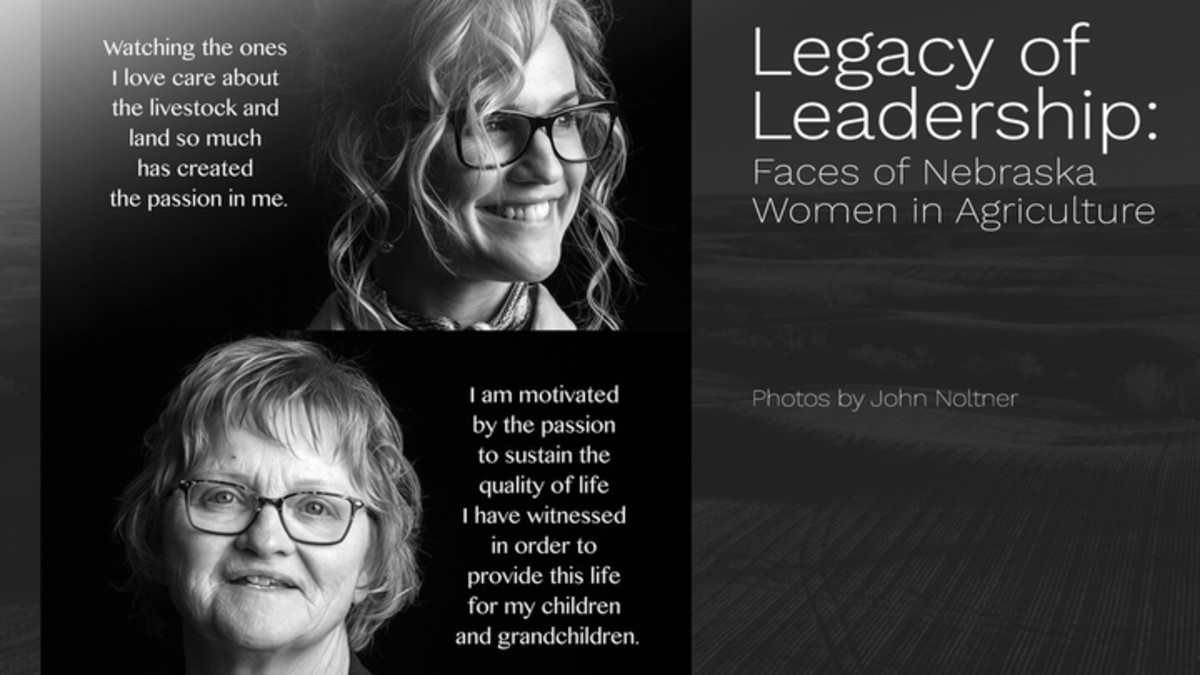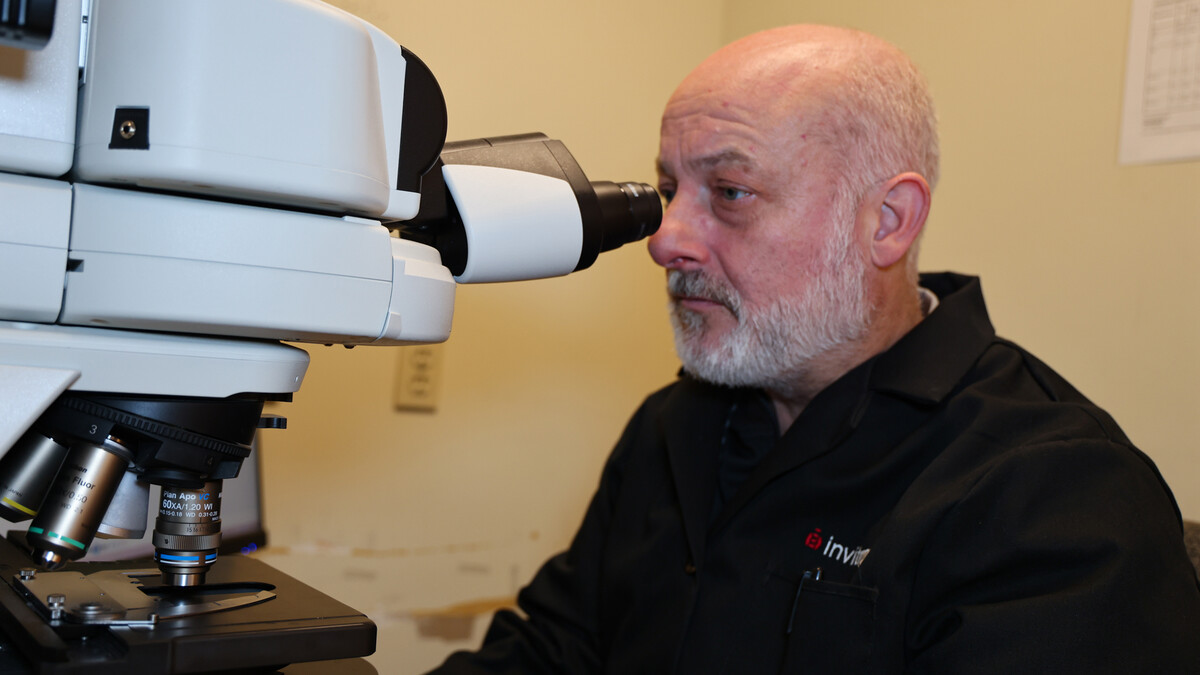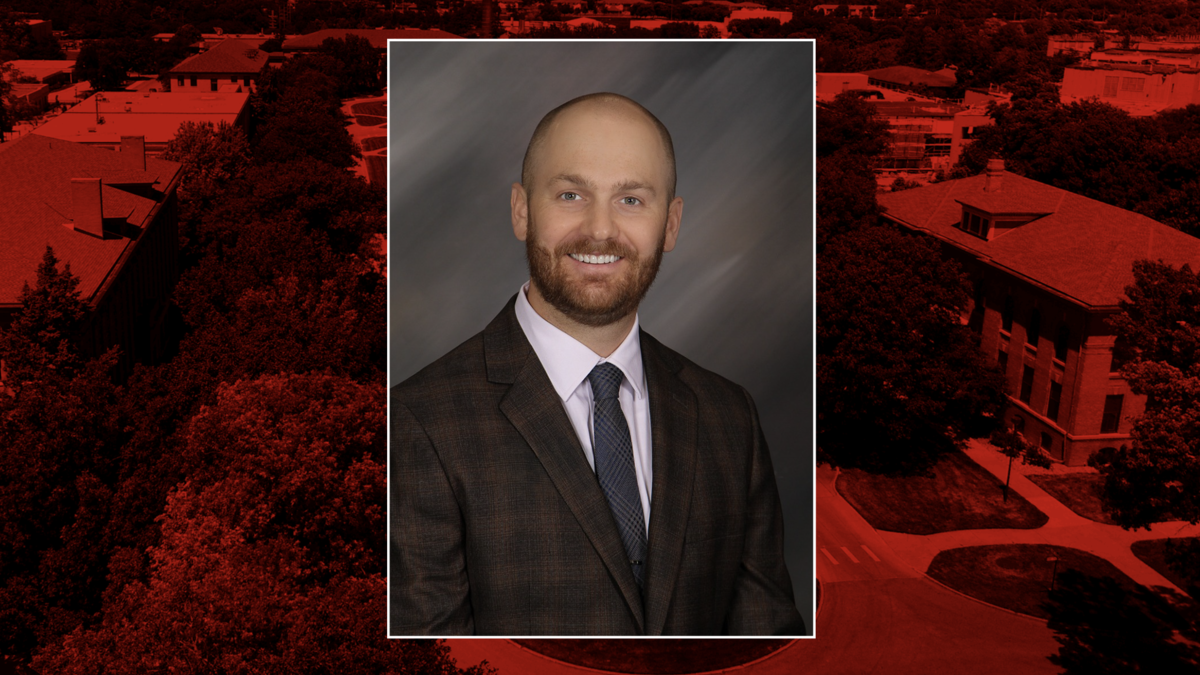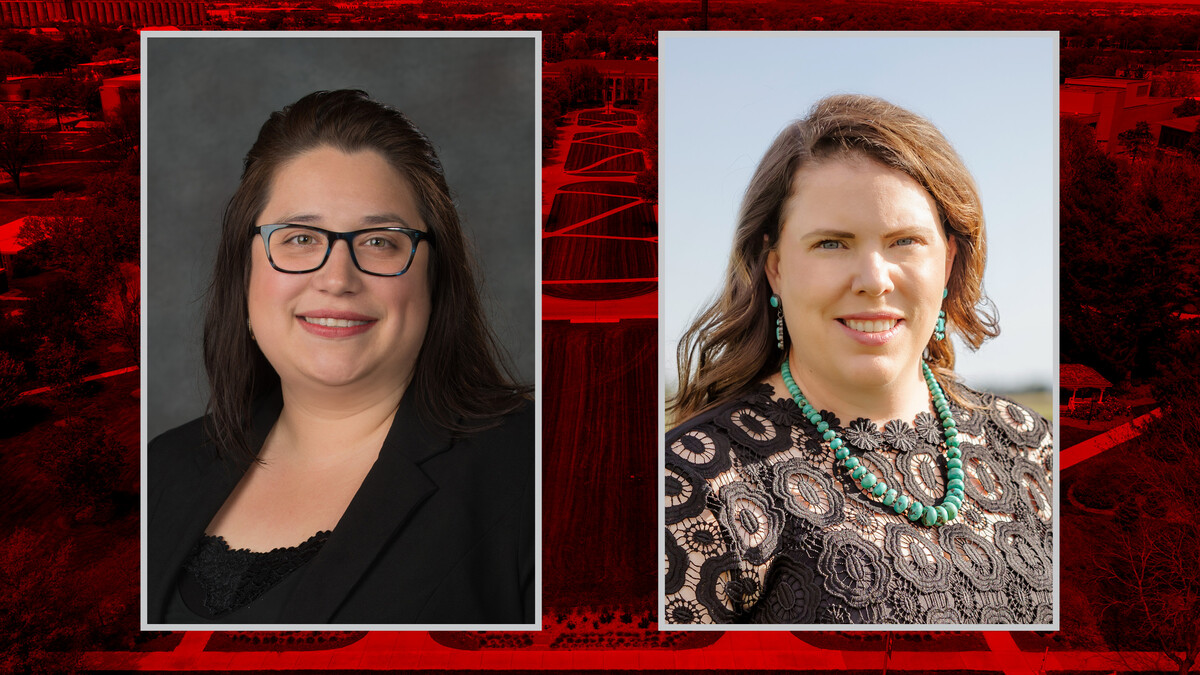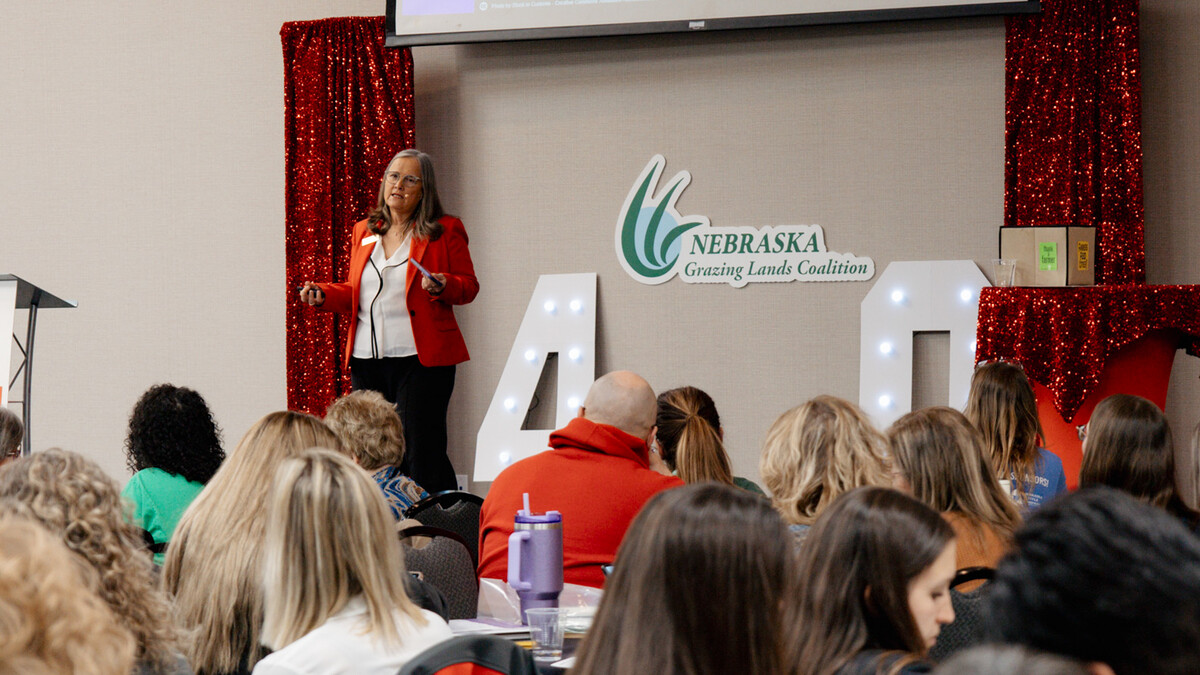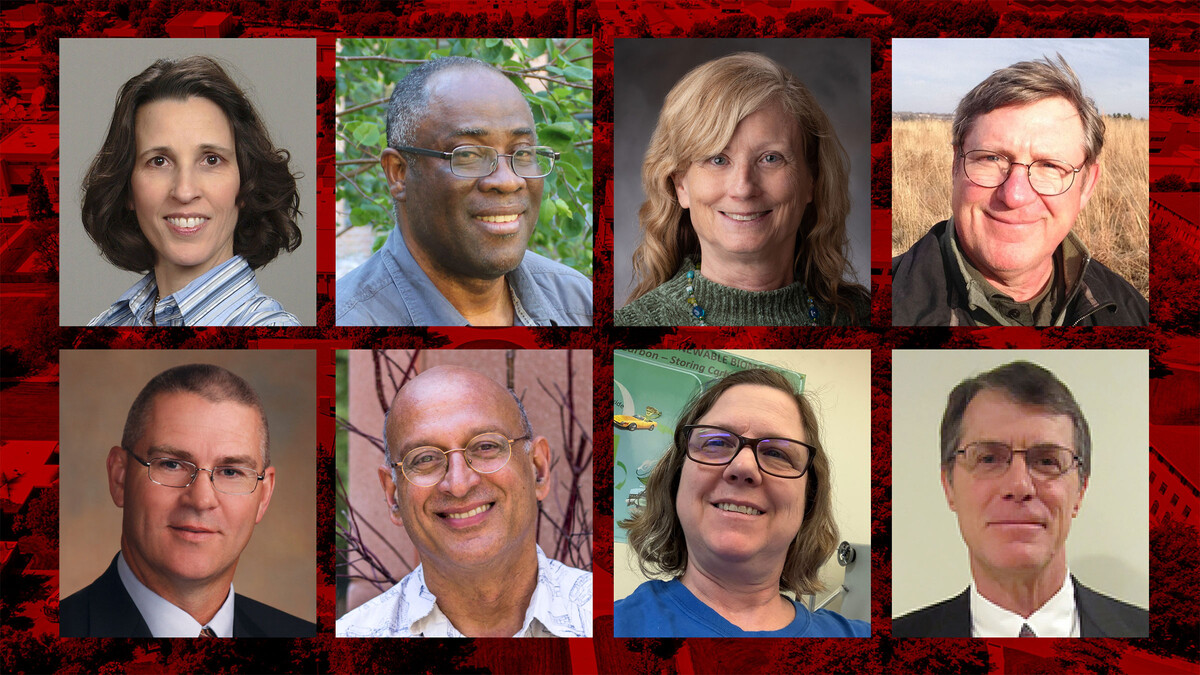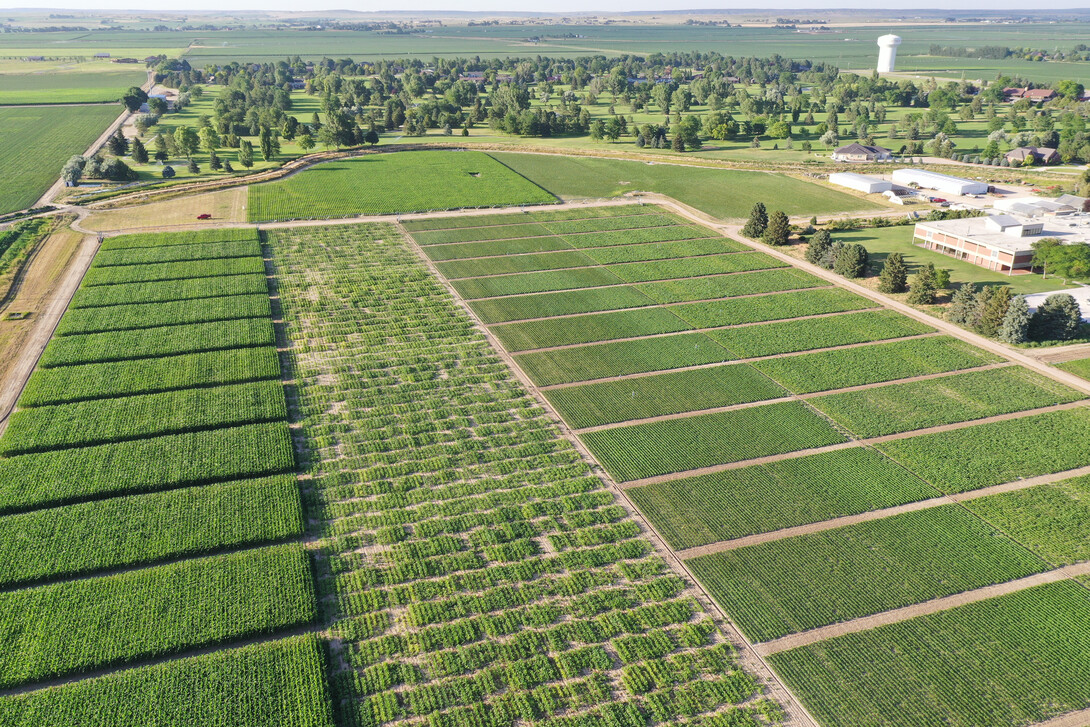
Lincoln, Neb. —During the pandemic of 2020 the University of Nebraska Panhandle Research and Extension Center’s doors were closed to visitors for several months. But even while they were out of the public eye, UNL research techs and office staff have been busy in the crop research plots, pastures, laboratories, and offices, carrying out both research and extension activities to address the issues faced by crop and livestock producers and communities in western Nebraska.
The public will have a chance to learn about some of the research that’s been going on when the UNL Panhandle Research and Extension holds its annual field day on August 20, beginning at 8:30 a.m.
The Panhandle Agricultural Research and Technology Tour (PARTT) will be an in-person event, but will be conducted with social distancing and other precautions to prevent the spread of COVID-19. Social distancing, face masks, and other steps will be taken.
UNL partners with the Nebraska Dry Bean Growers Association to carry out the annual event, with help from cosponsors the Nebraska Corn Board and 21st Century Water Technologies. The 2020 event will highlight up-to-date research on dry beans, corn, sugarbeets, and alternative crops.
Entry is free. Registration begins at 8:30 a.m. at the Panhandle Center, 4502 Avenue I.
Several speakers will begin at 9 a.m. Panhandle Center Interim Director Jeff Bradshaw will provide the welcome. Mike Boehm, Vice President and Vice Chancellor of UNL’s Institute of Agriculture and Natural Resources, will give the keynote. And Matt Foley, Program Director of Invest Nebraska, will speak.
Beginning at 9:30 a.m. UNL specialists will make research presentations under tents set up on the Panhandle Center grounds. Here are the topics:
Potential UNL Dry Bean Breeding Line Releases (Carlos Urrea, Dry Bean Breeding Specialist)
Research Update on Irrigation Programs (Xin Qiao, Water and Irrigation Management Specialist)
Entomology in Bean-Wheat Relay Cropping System (Jeffrey Bradshaw, Entomologist)
How to Control Palmer Amaranth in Dry Beans without Reflex (Nevin Lawrence, Integrated Weed Management Specialist)
Mint in the Nebraska Panhandle (Dipak Santra, Alternative Crops Breeding Specialist)
Soil and Nutrient Management in Sugar Beet and Dry Bean (Bijesh Maharjan, Soil and Nutrient Management Specialist)
Pathology in Sunflower and New Pulse Crops (Bob Harveson, Plant Pathologist)
Ag Economics Update (Jessica Groskopf, Ag Economist)
After a socially distanced box lunch, beginning at 1 p.m., participants can tour the research plots individually on their own schedule. Trailers will not be available for transport, but directions and guidance will be provided to walk or drive to the various research plots.
A number of precautions will be in place to prevent the spread of the COVID-19 virus during PARTT, including registration procedures that will not require visitors to touch pens; spacing of seats in tents; masks available to anybody who needs them; and hand sanitizer stations at several locations.
In addition to the in-person field day, Panhandle Center faculty and staff are also developing online content that will complement PARTT 2020.
For more information contact event chair Bijesh Maharjan, Soil Nutrient and Management Specialist at 308-632-1372 or bmharjan@unl.edu
The Aug. 20 field day will provide visitors with a sampling of the work that has been ongoing at the Panhandle Center during the pandemic. The research plots have still been buzzing with activity as UNL specialists and research technicians carry out their projects while following social distancing and other protocols to protect them from spreading COVID-19. Conducting work this summer has been challenged by restrictions on number of occupants per vehicle, physical distancing, and face coverings.
One example of the activity is Jeff Bradshaw’s entomology program, which has been collaborating with the regional dry bean industry, the Dry Bean Commission, and the Nebraska Department of Agriculture to set up monitoring network to keep track of the western bean cutworm. Since there are no resistance or transgenic traits in dry bean to help manage this pest, dry bean growers rely on monitoring, scouting, and carefully-times insecticide applications when necessary. Information from this network helps our growers and agriculturists help refine pest-management decisions.
Also in crop research, Integrated Weed Management Specialist Nevin Lawrence has been concentrating on several projects. At the Aug. 20 field tour he will present information on projects supported by the Nebraska Dry Bean Commission and Nebraska Department of Agriculture aimed at controlling herbicide-resistant Palmer amaranth in dry beans, using novel herbicide timings, different plant populations, row spacings, and cover crops. These form an “all hands on deck” approach to managing one of the worst weeds in the Panhandle.
Lawrence also has been working on cooperative projects to test Metamitron as new sugarbeet herbicide in America, and another project to develop rubber dandelion into a domestic rubber crop.
On the Extension side, public, in-person events such as field days, workshops and classes have been cancelled or postponed. But field days have been replaced by virtual, on-line events. And some kinds of learning opportunities do not require groups of people to congregate.
One of several learning experiences that has kept Ag Economist Jessica Groskopf busy is the University of Nebraska Testing Ag Performance Solutions (UNL-TAPS), an interactive real-life, real-time, farm management competition for profitability and input-use efficiency. Contestants in the competition make decisions on a number of management options for their farm. Contests have been carried out in several crops: winter wheat, sprinkler-irrigated corn, sub-surface-drip-irrigation corn, and sorghum. Dryland Cropping Systems Specialist Cody Creech is the lead for the winter wheat contest, and Groskopf is involved in the economic analysis.
Groskopf also is involved in another program, Know Your Numbers, Know Your Options, that has moved to an online format. Using case studies, participants gain a better understanding how financial records can be used to make informed decisions about declining incomes and rebuilding lost assets. This workshop empowers participants to effectively communicate with their families, business partners and lenders about opportunities for financial recovery.
Extension Educator Gary Stone (crops and water, community environment) is one of the educators who has shifted programs online. The 2020 Yonts Water Conference was planned for April – a full day of information from water experts about the 2020 irrigation supply outlook, weather outlook, groundwater regulations, and recovery from the 2019 tunnel collapse on the Goshen / Gering-Fort Laramie Irrigation Canal. After the in-person event had to be cancelled, an online conference was created. Videos, slide presentation, documents, and links to information about water resources in the North Platte Valley have been posted at: https://go.unl.edu/YontsConference.
The pandemic also kept Nebraska LEAD, a program to develop agricultural leaders from Nebraska’s future generations, from making its annual visit to the Panhandle. But Stone helped coordinate an effort among several Panhandle Extension professionals to provide a “virtual tour” of western Nebraska’s agriculture center on the Internet for members of LEAD Class 39. A team from the Panhandle Center assembled a collection of material about the Panhandle’s people, natural resources, crops and livestock, and Extension activities that the LEAD class could view online.
The upcoming Panhandle Agricultural Research and Technology Tour will be Extension’s initial attempt to restore in-person programming for groups in western Nebraska. Maharjan is hoping that the social distancing, masks, sanitation station and other safeguards in place for the event will allow participants to learn about UNL research in person while remaining safe.
